yuán
low wall
Phonosemantic compound. 土 represents the meaning and 亘 represents the sound.
Evolution

Bronze script
Late Warring States (~250 BC)
Seal script
Shuowen (~100 AD)
Clerical script
Eastern Han dynasty (25-220 AD)Regular script
ModernDefinitions
Most common words with 垣
Freq. | Word | Meaning |
|---|---|---|
wall | ||
crumbling fences and dilapidated walls (idiom) | ||
city wall | ||
Changyuan county in Xinxiang 新鄉|新乡[Xīnxiāng], Henan | ||
wall |
Sources
